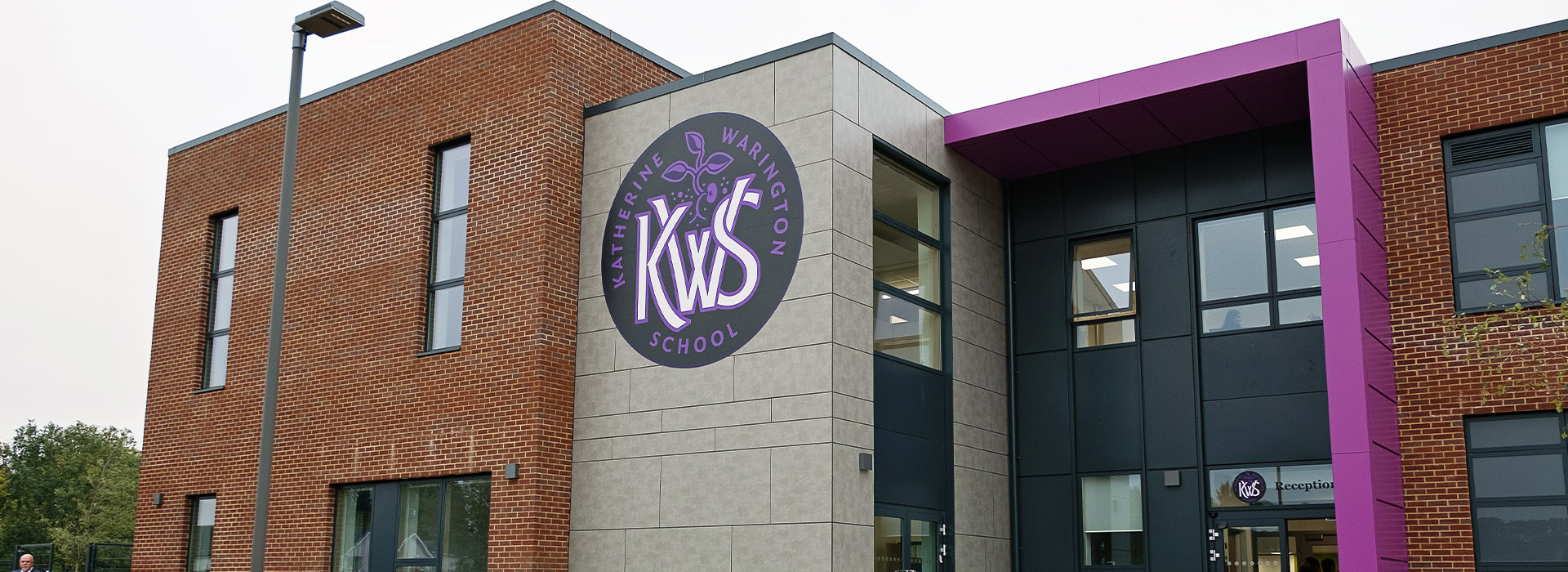Geography
Our aim in Geography is to increase pupils’ wellbeing by opening their eyes to both the human and geophysical worlds. We build student’s threshold geographical concepts of place, space, scale, patterns and processes, interactions and interdependence, stakeholder perspectives and sustainability. We will inspire students to understand that they play an active part in today’s ever-changing world and are the decision-makers of the future.
Vision / Intent
We are aiming to create successful geographers who can synthesise knowledge about the human and geophysical worlds in order to make judgements and decisions about how to live, or to solve problems, from a local to a global scale.
This decision-making process always starts with understanding place. Every place is different, and has different characteristics. A successful geographer will build knowledge using the threshold concepts of space, scale, patterns, processes, interactions and interdependence, stakeholder perspectives, and sustainability as a framework for making decisions. Building student’s sense of place is a crucial step to allowing students to be successful in geography.
With this intent in mind, we aim to increase student’s wellbeing by enabling them to make good choices about how to live in an ever-changing world. We aim to build students’ local and global sense of place to help them see the world in the different way. We will teach them powerful geographical knowledge which is distinct from every day life, allows them to access academic debates, and gives students a transformational educational experience by enabling students to experience and participate in the world in a different way.
All students have 2 periods of Geography per week in years 7 and 8, and after the options process in year 8, students who continue Geography have 3 periods per week in year 9.
Year 7
Unit 1: Location, Location, Location
We begin to build student’s sense of local place by exploring Harpenden’s geography through map skills. We also introduce the threshold geographical concepts to students and conduct a small-scale geographical enquiry.
Unit 2: How does the UK manage it’s coasts?
We build student’s knowledge and appreciation of the interaction of human and physical geographies at the coasts. As an island nation, this is crucial to understanding a key challenge which the UK faces now and in the future with possible rising sea levels.
Unit 3: Past, present and future: development in the Middle East
We travel across the world to the Middle East, exploring themes of development, conflict, world trade, population diversity, and the supply and demand of our most important resource: water.
Enrichment/Extracurricular
Non-fiction: Prisoners of Geography
Ted Talk: https://www.ted.com/talks/kayla_wolf_why_every_world_map_is_wrong
Non-fiction: Geography: Ideas in profile (by Danny Dorling and Carl Lee)
Ted talk: https://www.ted.com/talks/parag_khanna_how_megacities_are_changing_the_map_of_the_world
Ted talk: https://www.ted.com/talks/joe_madiath_better_toilets_better_life
Documentary: City of the Future: Singapore (https://www.youtube.com/watch?v=xi6r3hZe5Tg)
Documentary series: “Coast”, available on BBC iPlayer
Ted talk: https://www.ted.com/talks/skylar_tibbits_a_new_way_to_grow_islands_and_coastlines
News article: https://www.pri.org/stories/2018-04-05/british-village-crumbles-sea-family-holds-home-cant-be-saved

